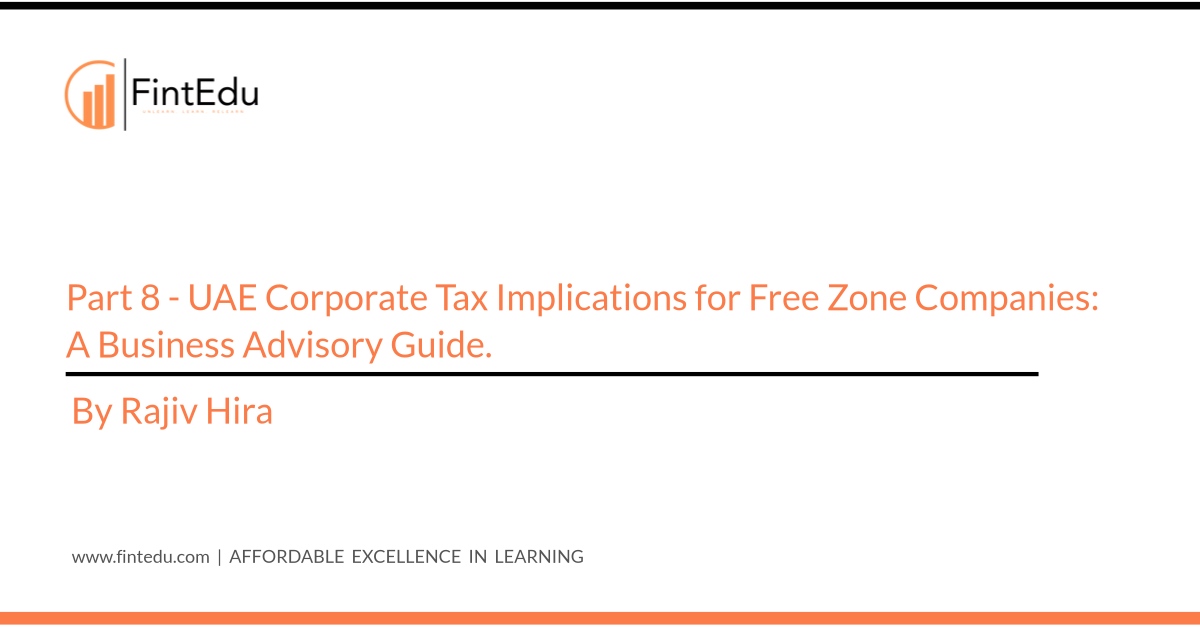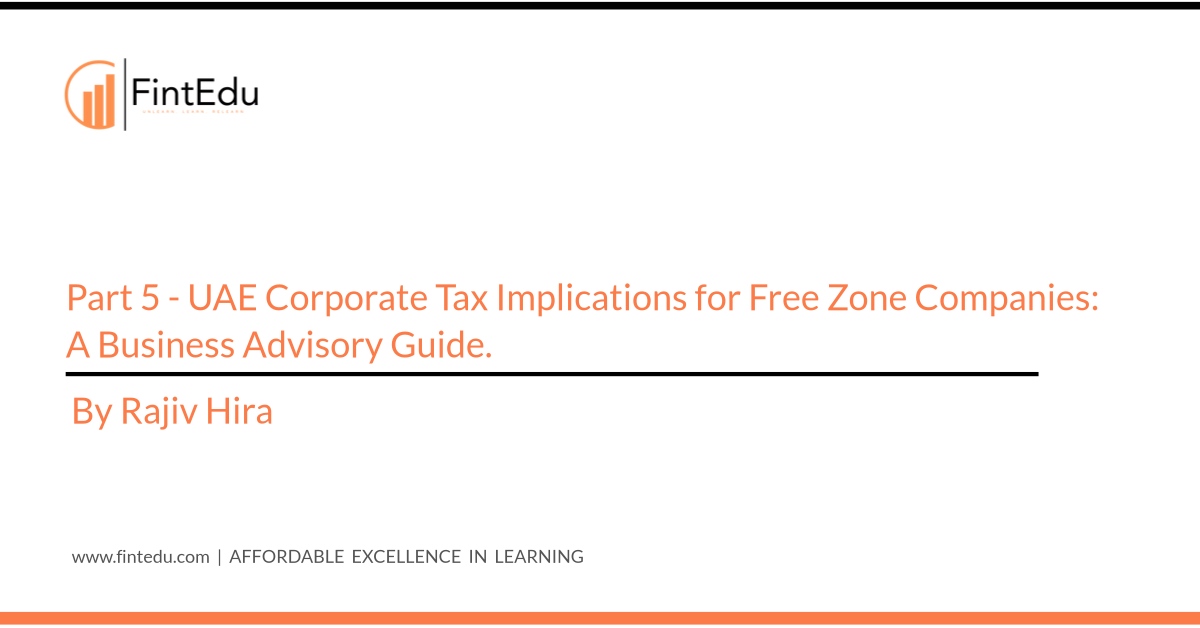LISTEN TO THIS ARTICLE
Sector-Specific Nuances for SMEs and Large Corporates
The Corporate Tax implications for Free Zone companies can differ widely based on the industry sector and the scale of the business (SME vs. large corporate). Below is an analysis across key sectors, trading, manufacturing, finance/investment, holding, and logistics, highlighting special considerations for each and noting where smaller businesses or large enterprises might face unique challenges or opportunities.
Trading Companies (Import/Export and Distribution)
Nature of Business: Trading companies in Free Zones typically import goods (often duty-free into the Free Zone), and then either re-export them abroad or sell them to the UAE/local market. This category includes general traders, wholesalers, and distributors of products.
Corporate Tax Nuances: Under the new rules, trading businesses need to map their activities to the qualifying criteria:
- If the trading company is essentially distributing goods from a Free Zone to other businesses, it will want to fall under the Qualifying Activity of “Distribution of goods or materials in or from a Designated Zone.” If the company is located in a Designated Zone (e.g. a warehouse in JAFZA or KIZAD) and conducts its distribution operations there, then income from those sales (even to mainland UAE customers) may be treated as Qualifying Income (0% tax). This is a huge benefit that mirrors the historical tax-free treatment of Free Zone-to-mainland sales (which formerly just incurred customs duties). However, the company must actually operate in the designated area; performing the work elsewhere voids the benefit. Its important to test the transaction being perceived as conducted from the designated zone (which can be aligned with customs and VAT regulations).
- A trading company in a non-designated Free Zone (or one that sells goods not through a Designated Zone) does not automatically have its trading income qualify. Such a company would need to either:Limit its UAE mainland sales drastically (to stay under the 5% de minimis non-qualifying revenue threshold, which is generally not feasible for a trading-focused business), orChange the character of its activity. For instance, if the company adds some processing or value addition to the goods, it could qualify as “processing of goods”, a qualifying activity, rather than pure trading.
- Qualifying Commodities Trading: Some Free Zone trading companies deal in commodities like gold, oil, grains, etc. If these are “Recognized Commodities” traded on approved exchanges, the activity is explicitly a Qualifying Activity. For example, a DMCC-based trader dealing in gold and metals through the Dubai Gold and Commodities Exchange could classify its income as qualifying commodity trading. This would allow a 0% tax even if those trades are with mainland counterparties, because the nature of the activity (commodity trading) is qualifying by itself. SMEs in commodities might use this route if eligible, while larger commodity houses likely already operate on that model.
- Transactions with Individuals: Trading companies rarely sell directly to individual consumers from Free Zones (since Free Zones are primarily B2B environments), but if they do (perhaps via online sales or showrooms in the Free Zone), those sales are considered Excluded (non-qualifying) income. For example, a Free Zone company selling electronics to walk-in retail customers would fall under transactions with natural persons and thus lose the tax benefit on that income. Both SMEs and big traders should avoid direct retail out of a Free Zone if they wish to remain a QFZP. Instead, many use local distributors or agents to handle retail, thereby confining the Free Zone entity to B2B sales.
Related Articles
Part 1 - UAE Corporate Tax Implications for Free Zone Companies: A Business Advisory Guide
Part 2 - UAE Corporate Tax Implications for Free Zone Companies: A Business Advisory GuidePart 3 - UAE Corporate Tax Implications for Free Zone Companies: A Business Advisory Guide
Part 4 - UAE Corporate Tax Implications for Free Zone Companies: A Business Advisory Guide
Part 6 - UAE Corporate Tax Implications for Free Zone Companies: A Business Advisory Guide.
Part 7 - UAE Corporate Tax Implications for Free Zone Companies: A Business Advisory Guide.
Part 8 - UAE Corporate Tax Implications for Free Zone Companies: A Business Advisory Guide.
Part 9 - UAE Corporate Tax Implications for Free Zone Companies: A Business Advisory Guide.
Contributor
Related Posts

@@PLUGINFILE@@/Part%209%20-%20UAE%20Corporate%20Tax%20Implications%20for%20Free%20Zone%20Compa...
Read More
@@PLUGINFILE@@/Part%208%20-%20UAE%20Corporate%20Tax%20Implications%20for%20Free%20Zone%20Compa...
Read More
@@PLUGINFILE@@/As%20we%20approach%2031%20March%202025%2C%20businesses%20with%20a%20VAT%20year%...
Read More